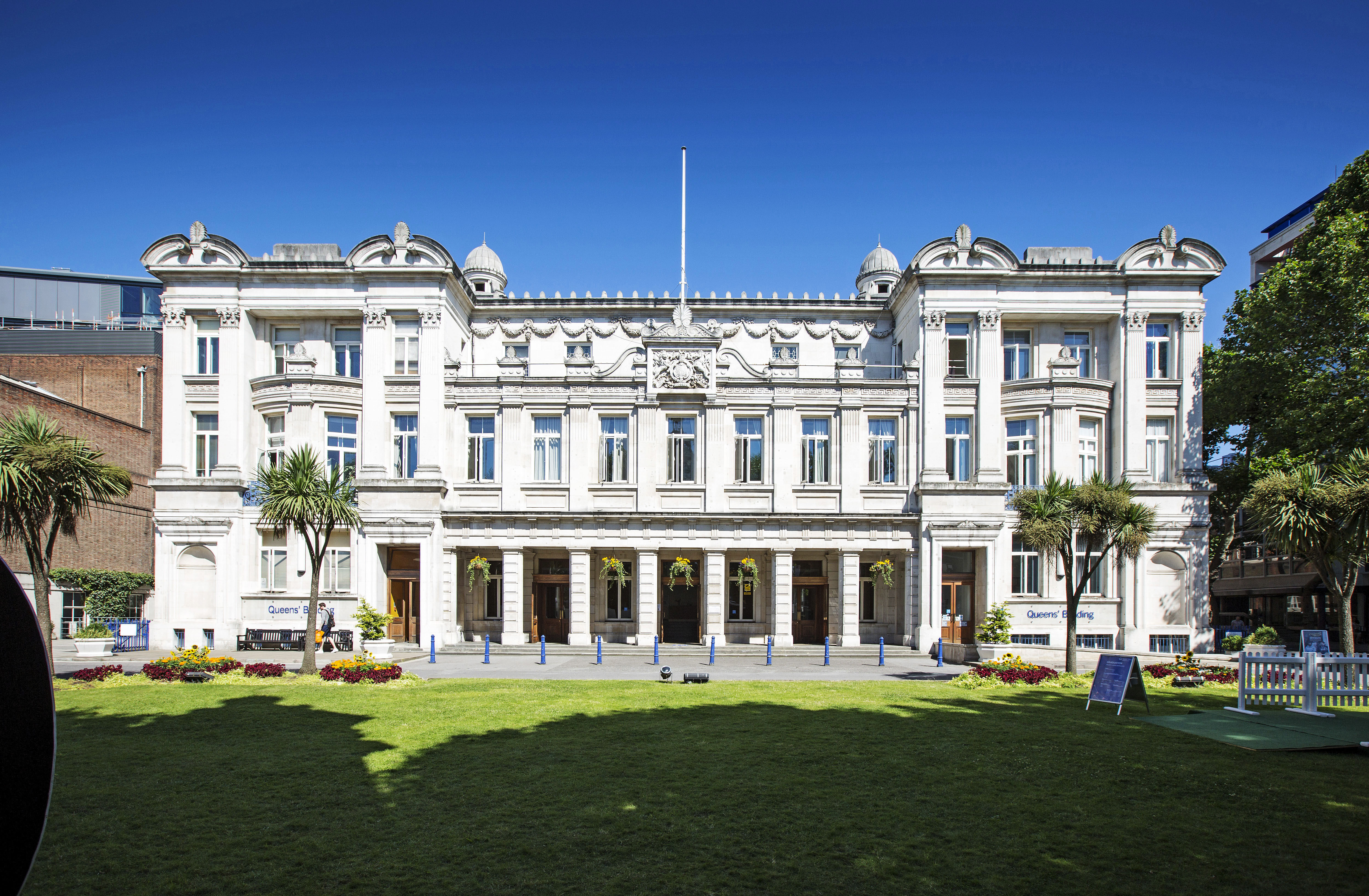Syriza lead the polls in Greece but coalition options remain unclear
Greece will hold parliamentary elections on 25 January. Ahead of the vote, Dr Stella Ladi writes on the state of play in the Greek party system. She notes that while the radical left party Syriza currently enjoys a lead in the polls, there is debate over who its most likely coalition partners would be should it fail to secure a majority.

The forthcoming elections in Greece on 25 January are seen as crucial for the next phase of the Eurozone crisis and the direction the country is going to take. The pre-election campaign is already at is end. The political climate is in a state of flux and according to the latest polls 17.5 per cent of the voters remain undecided.
Radical left wing party Syriza ranks first in the polls, although the gap between Syriza and the coalition government’s leading conservative party, New Democracy (ND), has narrowed down to around 3 per cent. Most voters are polarised and lean towards either Syriza or ND, as they consider the stakes to be high.
Even if Syriza wins the elections, it remains to be seen whether it will gain the necessary number of votes to form a strong government by itself. A coalition with one of the smaller parties which will enter parliament might be necessary.
Third place
The parties fighting for third place are The River, a newly formed centre party with a pro-Europe stance, socialist party Pasok which is the current coalition government’s junior partner, the communist party KKE and the extreme right-wing party Golden Dawn. Golden Dawn is marginalised and all parties have clearly stated that they will not enter into a governing coalition with it. The Communist party and Syriza are traditionally not aligned, hence unlikely to collaborate, which leaves us with Pasok and The River, as the two main parties toward which Syriza would have to reach out to, in order to form a coalition government.
The current trend points in the direction of The River, which, as a new party with a lot of media experience, has a much more unspoiled image than Pasok. The latter is seen as an ‘old guard’ party, further damaged by its participation in the present government. It should be noted that a coalition with either Pasok or The River, would probably smooth Syriza’s political edges.
Austerity
This leads to the question of what a Syriza-led coalition government would do vis a vis the austerity measures. Syriza’s electoral programme is pretty radical and sets out goals such as the re-negotiation of the terms of the bailout-agreement and a “write down on most of the nominal value of debt, so that it becomes sustainable”.
At the same time, most of the party’s leadership has reassured Greek citizens that there is no intention of jeopardising Greece’s Eurozone membership. Besides, the latest polls show that 75.7 per cent of citizens believe Greece should stay in the Eurozone. It would thus seem reasonable to expect Syriza to soften its stance and come to an agreement with the troika for a partial alleviation of the austerity measures. The structural reforms would have to continue, not only because they are part of the Economic Adjustment Programme but also because they are necessary for Greece.
In a broader context, voices against austerity are becoming louder in Europe and the new president of the Commission, Jean-Claude Junker, announced a growth package at the end of November. These developments could set the stage for a new balance between austerity, structural reforms and growth in Europe.
The determinant factor, in the case of Greece, would be the capacity of a Syriza-led government to negotiate simultaneously less austerity with Berlin and Brussels and at the same time convince Greeks, as well as the party itself, to accept a less immediate improvement of the country’s socio-economic situation.
This capacity is not a given since Syriza has never governed before. It has always been an opposition party, very skilled at mobilising its members for demonstrations and strikes, but seems to lack experience in tough negotiating and reaching painful compromises with European partners, which is what is needed at the moment. Hence the real question is what would make Syriza more successful than New Democracy in its attempt to soften austerity. On top of that, the overall timeframe is tight. The current, extended, Economic Adjustment Programme runs out at the end of February.
Europe
Some European partners have alluded to the possibility of a further six month extension. Yet, any winning party would still have less than a month after the elections to form a government and successfully conclude the negotiations with the troika and Berlin.
Although the forthcoming elections are deemed critical for Greece and their outcome is still uncertain, both Syriza and the country’s European partners seem willing to continue talking to each other. An article titled “My Greece won’t put Europe in danger” by Syriza’s leader Alexis Tsipras appeared in the print edition of the Italian centre-right daily Corriere della Sera on 7 January, while the Brussels based think-tank Bruegel recently published a study on how to reduce the Greek debt burden.
The role of Berlin in this process will be critical, in either keeping Greece on the path of severe economic austerity or in agreeing with the new government some, if only limited, concessions for alleviating austerity and boosting growth.
It would be naïve to believe that a so-called ‘Grexit’ would not trigger at best renewed uncertainty towards the Eurozone as a whole or that Greece could prosper outside its natural home at the heart of Europe. These are difficult times for Europe and its member-states. Only further unity, understanding and mutual, if painful, compromises could bring growth, prosperity and thus political stability back home.
About the author
Dr Stella Ladi is currently a senior lecturer in Public Management at the School of Business and Management, Queen Mary University of London. She has been an assistant professor of Europeanization and Public Policy at Panteion University, Athens. She is a member of the executive committee of the Greek Politics Specialist Group. Her research interests include public policy and public administration reforms, Europeanisation, globalisation and global governance, and the role of experts in public policy.
Related items

11 September 2025

29 August 2025
For media information, contact:
